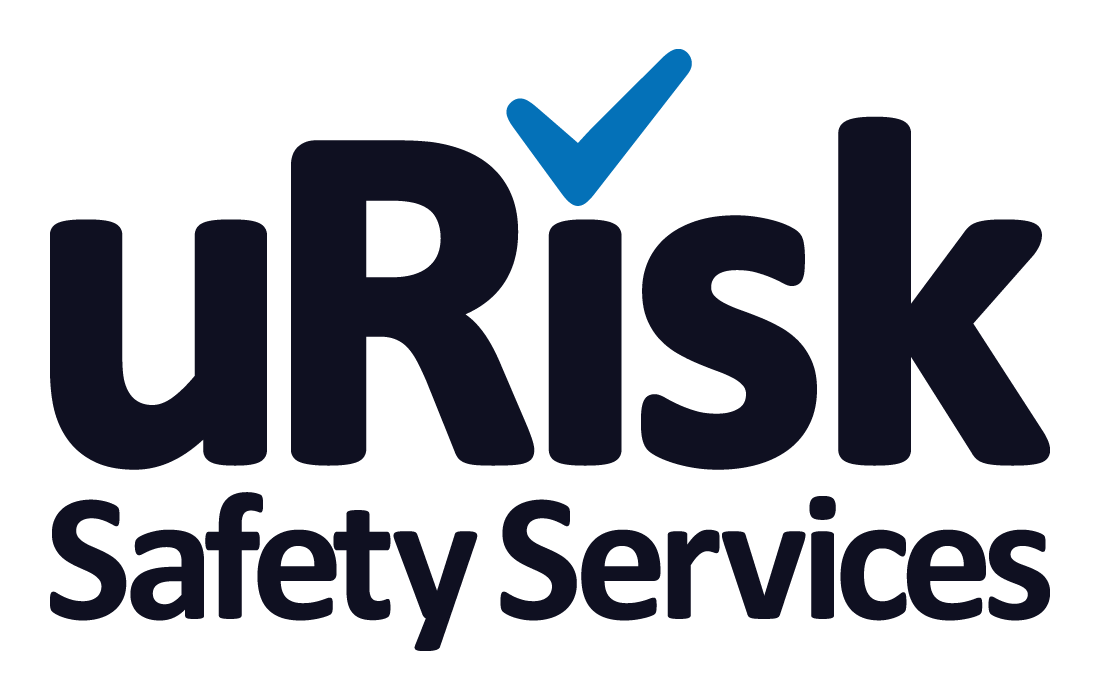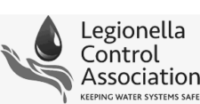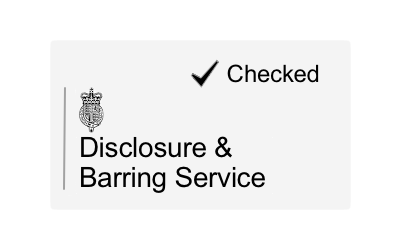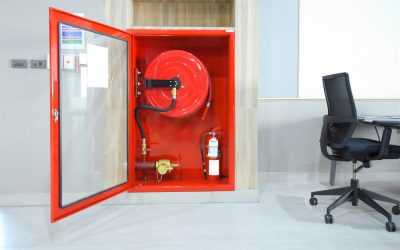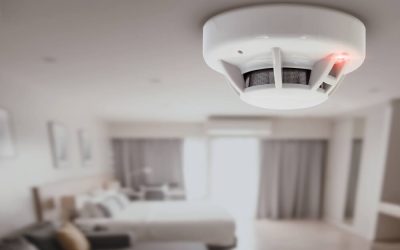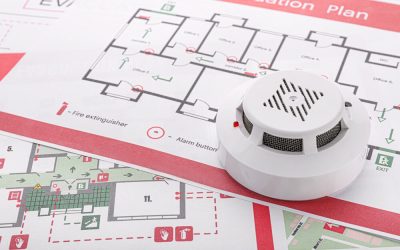Do Stadiums Need To Check For The Legionella Bacteria?
As long as legionella has warm, stagnant water to live in, it will thrive anywhere. This means the chances of an outbreak in a sports stadium are exactly the same as the chances of an outbreak anywhere else. As stadiums have numerous toilets and sinks, as well as showers and sometimes spa pools, the water system must be protected against legionella risk.
Is Legionella A Risk In Stadiums?
In short, yes. In 2021 there was a legionella outbreak in a sports stadium in Ohio. Thankfully no one was affected, but remedial work had to be done very quickly, along with the installation of temporary restrooms and the provision of clean water.
Do Stadiums Need A Legionella Risk Assessment?
In line with Health and Safety Executive guidelines, if you are an employer or the person in control of the premises, you are responsible for health and safety. You must therefore take precautions to reduce the risk of exposure to legionella bacteria. This includes identifying and assessing sources of risk, the management and control of those risks, as well as maintaining accurate records.
This requires a legionella risk assessment to ensure the water cannot stagnate anywhere in the water system, and that water temperatures are hostile to the growth of the bacteria, i.e. that the cold water temperature is below 20oC and the hot water temperature is above 45oC.
Do Stadiums Need To Test Their Water Quality?
An integral part of legionella control is regular water testing and analysis. Samples of water are taken from various points of the water system – from water outlets, air conditioning systems (if they’re water-cooled), cold water storage tanks, etc. We recommend that water testing is carried out every two years, whenever elements of your water system are changed, or if you have any concerns about a situation that may have led to bacterial growth.
Why Do Stadiums Need To Worry About Legionella Bacteria?
The legionella bacteria is responsible for Legionnaires’ disease, which is a type of pneumonia that is potentially fatal if contracted by the elderly or medically vulnerable. The legionella bacteria thrives in stagnant water that is between 20oC and 45oC, and has nutrients such as scale, rust or algae that enable it to thrive and multiply. The bacterium is waterborne and travels on airborne water droplets. When these airborne water droplets are inhaled, it enables the bacteria to reach the lungs where they can cause that person to develop Legionnaires’ disease.
Maintaining hygienic water systems is an essential way to protect yourself, your employees and your visitors from the dangers posed by legionella. If your stadium is not in regular use, run all the taps for a couple of minutes and flush all the toilets at least once a week. By keeping the water supply flowing you will be preventing the stagnation that allows the bacteria to grow to dangerous levels.
If you or any members of your staff would like to find out more about reducing the risk posed by the legionella bacteria, we run accredited online training courses which provide all the safety advice needed to protect stadium users and prevent potential outbreaks.
Contact us if you would like to book a legionella risk assessment of your water supply, arrange water testing, or get any advice about legionella and Legionnaires’ disease.
Legionella and Water Hygiene Blog Posts
Office Fire Risk Assessment
As you would expect, keeping your office safe from the risk of fire is a legal requirement under the Regulatory Reform (Fire Safety) Order 2005. If you are the owner or manager of a business, or landlord of an office building, it is your responsibility to ensure your...
Fire Risk Assessment For Flats
Your legal requirements as a landlord include taking precautions to keep your tenants safe, including when it comes to the risk of fire in flats. As part of the fire safety regulations, fire risk assessments for flats is therefore part of your legal obligation to...
Getting A Risk Assessment For Fire in the UK
As an employer, landlord or facilities manager, it is your legal responsibility to keep everyone who uses your premises safe. A fire risk assessment is an important part of this because it identifies what might cause a fire so you can take steps to prevent one, as...
